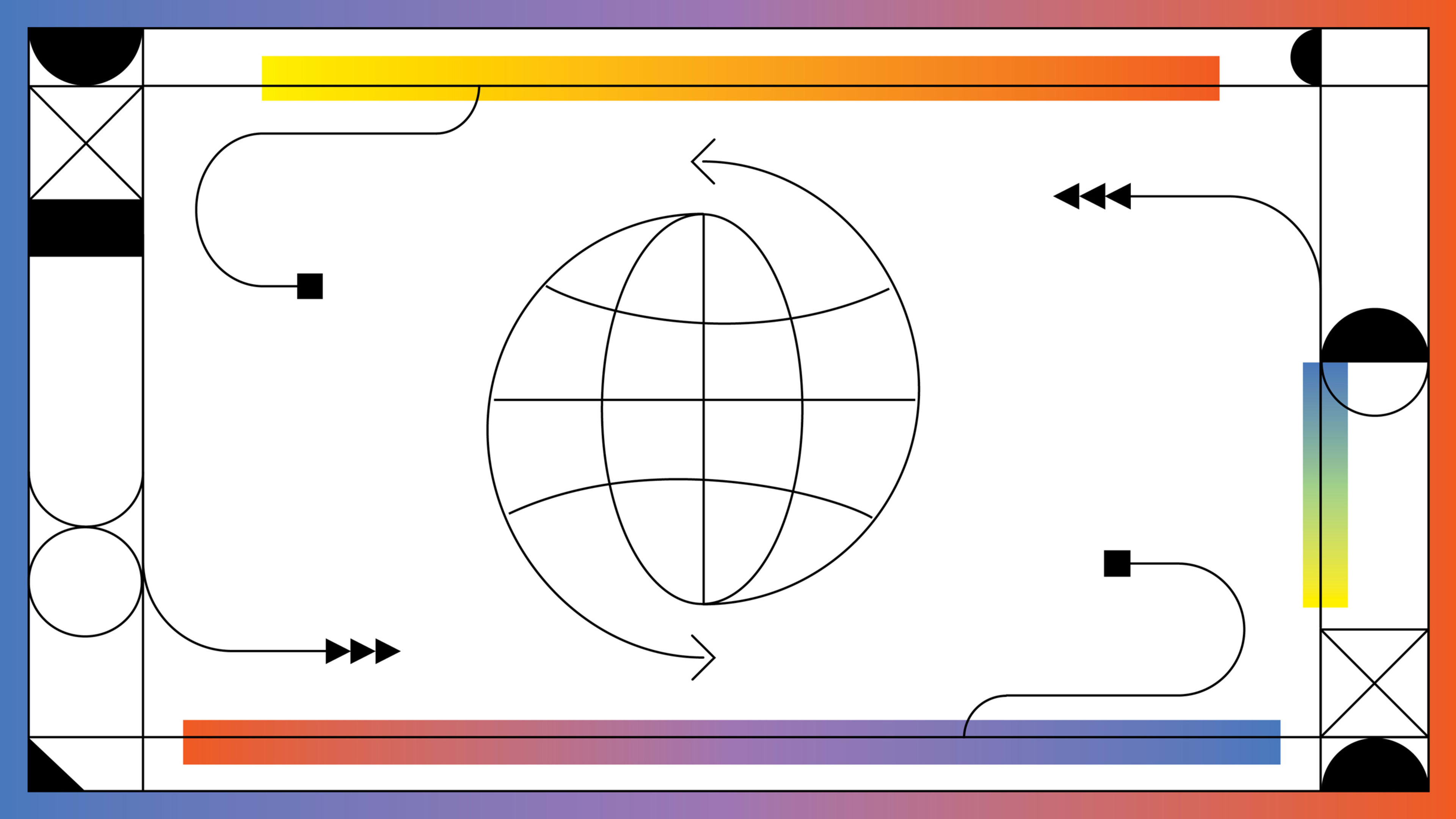Plenty of good ideas take root and then blossom far from Silicon Valley and other U.S. tech hubs. Many of these startups also happen to focus on areas and interests that can go neglected in American tech-investment hothouses—for example, allowing nonprofit research hubs to collaborate remotely while preserving the privacy of research subjects, or finding a way to clean indoor air without adding any circuitry to a home.
Morse Micro
For connecting IoT gadgets on the cheap and over long distances
This Australian firm is thinking small and slow for IoT bandwidth. Instead of selling traditional Wi-Fi or private 4G or 5G networks to connect devices in industrial, agricultural, transportation, and other business settings, Morse Micro delivers cheap but low-bandwidth connectivity over longer distances using Wi-Fi HaLow (pronounced “halo”). That offshoot of the wireless networking standard uses unlicensed sub-1 GHz spectrum, which Morse further optimizes with its compact system-on-chip (SoC) low-power designs.
Neoplants
For clearing the air in homes, no wires or bandwidth required
Neoplants‘ product needs no electricity or connectivity: It’s a houseplant genetically engineered to remove volatile organic compounds from the air. Neoplants will sell this Neo P1—derived from the pothos trailing plants that already accessorize many homes—with a pot designed to help it do that job better and to reduce watering to once every two to three weeks. Next up for this Paris startup: bringing P1 out of preorder phases and into mass sales as wildfires have made the topic of indoor air pollution all too relevant.
Owkin
For bringing federated-learning privacy to health research collaboration
The transatlantic startup Owkin, with offices in France, Switzerland, the U.K., and the U.S., aims to help disparate research labs share findings and collaborate on research without compromising patient and subject privacy. It does that by using federated-learning techniques to derive insights from data that then doesn’t have to be exported out of each lab. Its Substra open-source software is designed to be agnostic about data, frameworks, and methods while maintaining compliance with privacy regulations on both sides of the Atlantic.
The companies behind these technologies are among the honorees in Fast Company’s Next Big Things in Tech awards for 2023. See a full list of all the winners across all categories and read more about the methodology behind the selection process.
Recognize your brand’s excellence by applying to this year’s Brands That Matter Awards before the final deadline, June 7.
Sign up for Brands That Matter notifications here.
